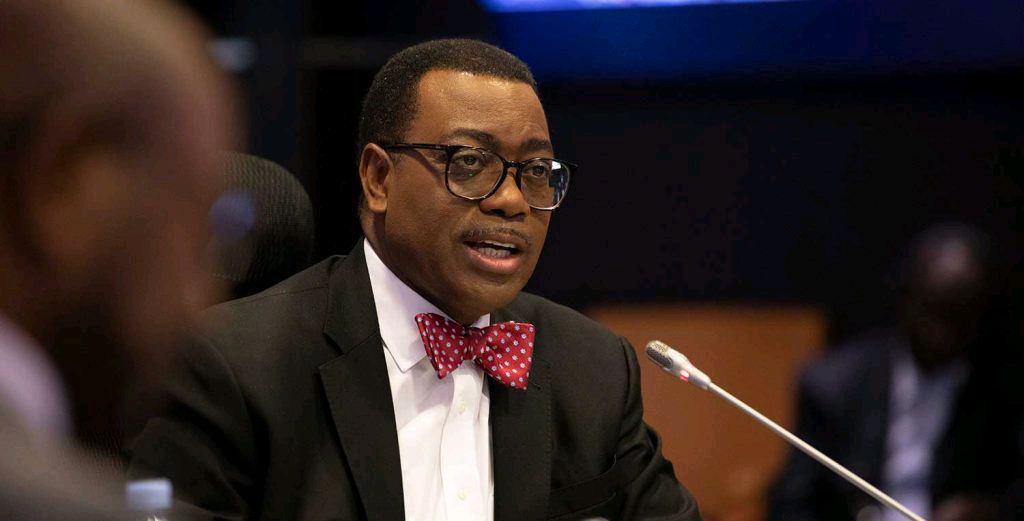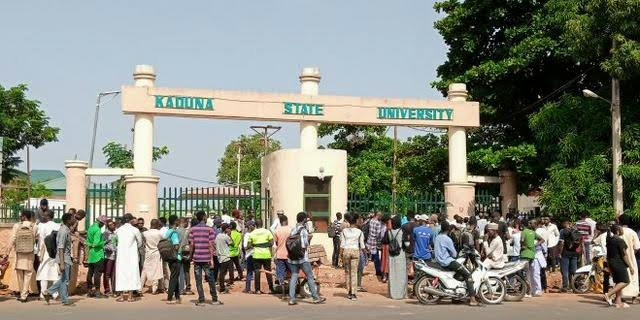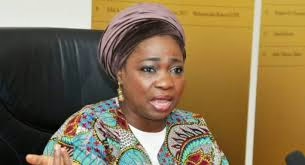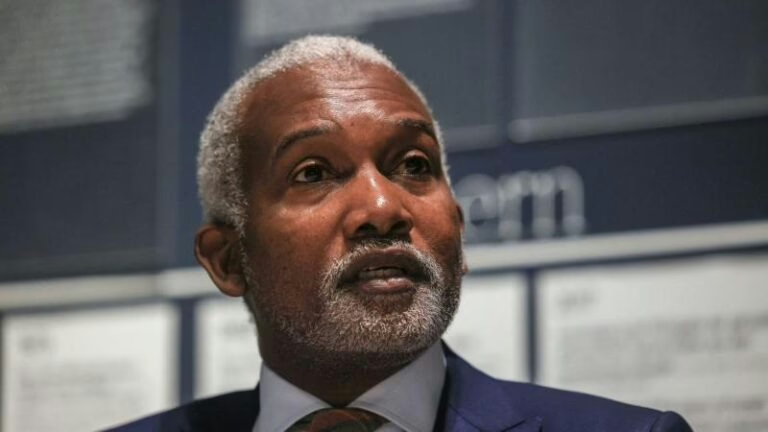Akinwumi Adesina, president of the African Development Bank Group (AfDB), has decried the state in which Nigeria remains stagnant in so many areas of development.
While delivering a lecture on “Building a global Nigeria” to mark the 90th birthday anniversary of Rtd. Gen. Yakubu Gowon in Abuja, Mr Adesina said that after 64 years of independence, Nigeria should be among the world’s developed nations.
“Certainly, 64 years after independence, Nigeria should not be a developing country but should be a developed nation,” said Mr Adesina.
“As president of the African Development Bank, when I travel around Africa, one issue that often marks conversations is, ‘When will Nigeria develop?’”
He said that before independence in 1960, the founding fathers dreamt of a Nigeria that would be the shining light of Africa and, indeed the black race.
The AFDB president said that Nigeria, the largest black nation, should carry the hopes and aspirations of all black people in the world, yearning to become a beacon.
”I have listened to several leaders tell me that the rise of Africa depends on the rise of Nigeria,” he said.
He cited the instance of Saudi Arabia, which set the pace of development within the Gulf region, leading the development of the United Arab Emirates, Qatar and Kuwait, which had risen to become global giants.
Mr Adesina said Nigeria needed to develop faster for Africa to develop, adding that the country could not remain a disappointment to the African continent as history was beckoning.
“When Europe had to develop, it needed Germany, the United Kingdom and France to spur the growth across the continent,” he stated.
According to Mr Adesina, when Asia had to develop, it took China, Japan, and South Korea to spark even wider growth from Singapore to India, Malaysia, and Indonesia.
“For Africa to develop, it needs Nigeria to develop faster. History beckons on Nigeria, and we cannot disappoint,” he said.
The AfDB boss said his dream was to see a better tomorrow for the country.
He called on leaders to start with a poverty-free nation, adding that poverty is particularly extreme in rural areas where millions of people have been forgotten and abandoned.
“Today, poverty is extremely pervasive in Nigeria. The National Bureau of Statistics (NBS), as of 2022, estimated that 63 per cent of persons living within Nigeria (133 million people) are multi-dimensionally poor.
“It also states that over half of the population of Nigeria cook with dung, wood or charcoal rather than cleaner energy.
“High deprivations are also apparent nationally in sanitation, healthcare, food security, and housing,“ he said.
He said the resultant effects of poverty were the prevailing kidnapping, drug abuse, banditry and social vices among the Nigerian youths.
“To address the situation, urgent and comprehensive efforts are needed to restore security and order, to protect lives, property, and farmlands, and to restore normalcy to traumatised zones, towns, villages, and communities.
“To stabilise and restore economic fortunes, education, health,social protection and jobs for youth programmes must be prioritised.
“Simultaneously, we must decisively tackle and reduce the burgeoning numbers of out-of-school children,” he said.
(NAN)











Leave a Reply